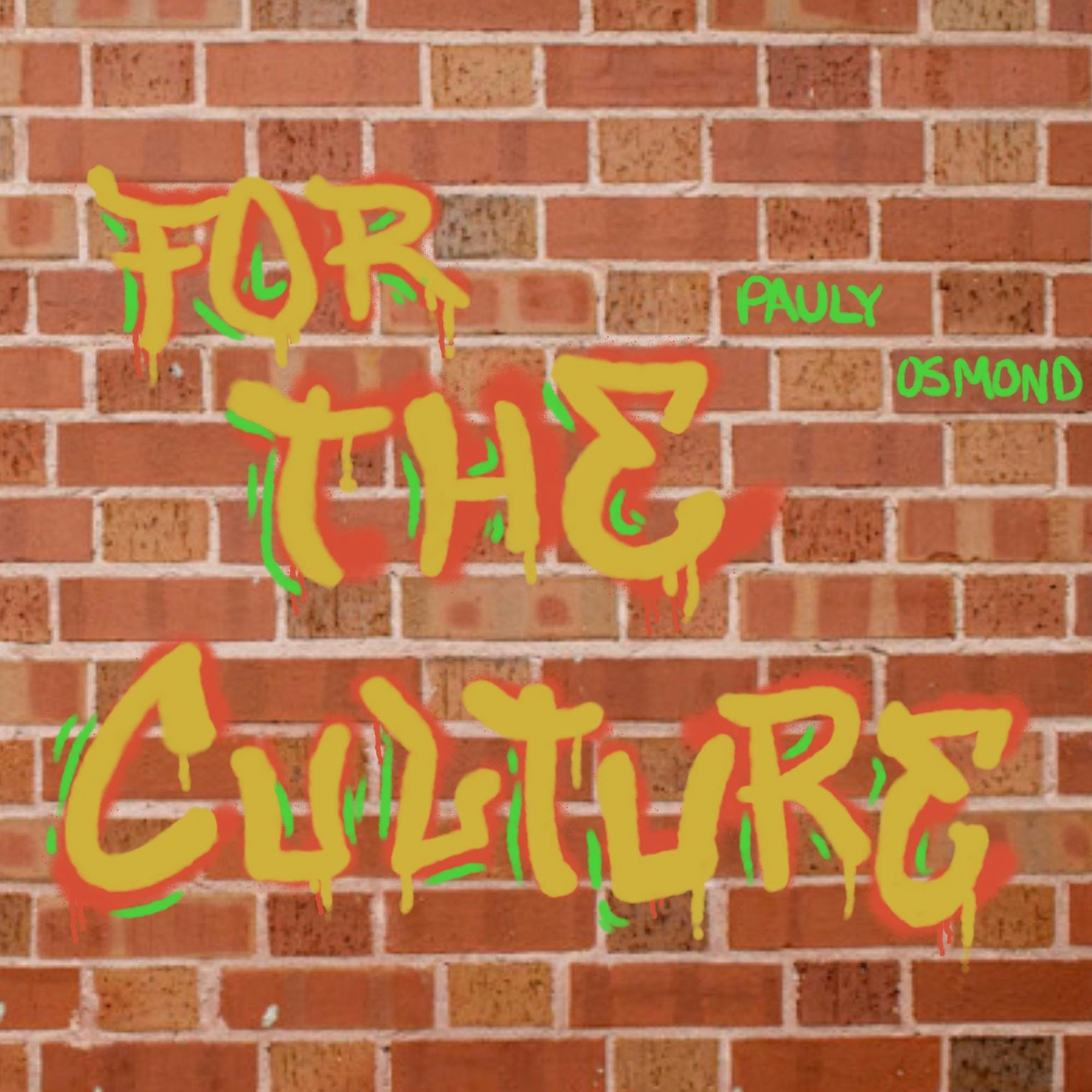Hip-hop is dying. Well, ‘traditional’ or ‘real’ hip-hop — at least, to many hip-hop critics, media outlets and fans — is dying. Yet, Killer Mike won the 2024 Grammy Awards for Best Rap Album, Best Rap Performance and Best Rap Song over artists like Travis Scott and Metro Boomin, pioneers of melodic, modern trap rap. I’m describing ‘real’ hip-hop as contemporary hip-hop music that incorporates boom bap-influenced instrumentals, gospel or rhythm and blues vocal sampling and conscious writing. Recently, very little ‘real’ hip-hop has entered the Billboard Hot 100 R&B/Hip-Hop charts; in fact, the 2023 charts feature few ‘real’ hip-hop records. Does this absence of ‘real’ hip-hop result from the decrease in quality of ‘real’ hip-hop releases? Considering that Mick Jenkins, Aesop Rock, Earl Sweatshirt, Nas and Killer Mike all released critically acclaimed albums in 2023, the production of ‘real’ hip-hop evidently has neither diminished nor disappeared. Yet, ‘real’ hip-hop rarely receives mainstream popularity.
While numerous young rappers have emerged to sustain the trap rap audience, ‘real’ hip-hop rappers, such as Danny Brown, ScHoolboy Q, Conway the Machine, Kendrick Lamar and J. Cole have experimented with the expansion of ‘real’ hip-hop. Essentially, these rappers have taken components of ‘real’ hip-hop (boom bap-influenced instrumentals, gospel or R&B vocal sampling and intense rhythmic, staccato rapping) and then bent them. On his new studio album “Blue Lips,” which was released on March 1, ScHoolboy Q demonstrates his comfort in experimenting with and exiting from ‘real’ hip-hop. While vocal samples float across refined percussion, Q combines sharp rhythmic rapping with melodic croons. Lyrically, Q experiments as well — as some hip-hop media suggests, trap rappers like Travis Scott, Future and others, discuss violence, drugs and sex in their music, whereas ‘real’ hip-hop rappers, like Lamar and Cole, consciously rap about social issues. Meanwhile, Q combines introspective lyrics with braggadocious bars. Similarly, Griselda Records rappers Westside Gunn, Conway the Machine and Benny the Butcher complicate traditional ‘real’ hip-hop components in their experimental records.
Really, hip-hop is not dying. Certainly, trap rap continues to dominate charts. However, ‘real’ hip-hop is not disappearing. Instead, ‘real’ hip-hop artists are experimenting. Throughout the 2010s and into the 2020s, hip-hop has fallen into mundanity. Yet, hip-hop originates from experimentation, evolution and deconstruction. Currently, trap rap, which maintains more mainstream appeal, dominates the charts for many reasons, but ‘real’ hip-hop fails to register in mainstream music for one primary reason: The (sub)genre is evolving — sonically, thematically and technically. Until metamorphosis, butterflies cannot fly. Similarly, ‘real’ hip-hop cannot ‘fly’ until metamorphosis is achieved. Music evolves; artists evolve; hip-hop evolves.






